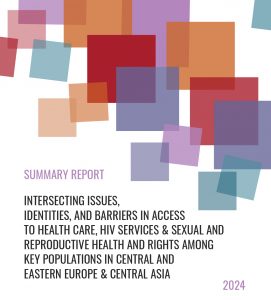
Intersecting issues, identities and barriers in access to healthcare, HIV services & sexual and reproductive health and rights among key populations in Central and Eastern Europe & Central Asia This briefing paper explores the impact of intersecting identities—such as LGBT, people who use drugs (PWUD), sex workers (SW), and people living with HIV (PLHIV)—on health access, agency, and social justice in the context of structural inequalities and
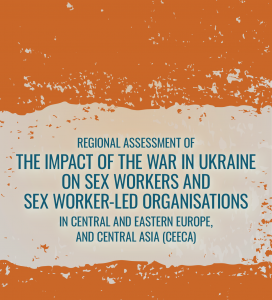
Regional Assessment of the Impact of the War in Ukraine on Sex-Workers and Sex-Worker-Led Organisations in Central and Eastern Europe and Central Asia This report documents the impact of the war in Ukraine on sex workers and sex worker-led organisations in the CEECA region. Firstly, it explores how the war affected the living and working conditions of sex workers in Ukraine. It looks, specifically, at sex workers’
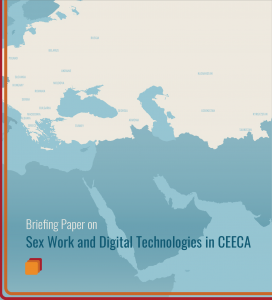
Sex Work and Digital Technologies in CEECA In the world of the 21st century, the influence of digital technologies on every facet of society is undeniable, and digitalization has become an integral part of human life. One domain where the impact of these technologies is particularly profound, yet often overlooked, is in the realm of sex work. In the Central and Eastern Europe and Central Asia (CEECA)
Experiences and Tips in Community-Led Monitoring – SWAN members’ experiences The main idea of this resource is to provide impetus to extend Community-Led Monitoring (CLM) in programs with sex workers in our region, in order to inspire SWAN members with the experiences gained. The material compiles the experience of community-led monitoring (CLM) that has been implemented by Legalife-Ukraine and Tais Plus, Kyrgyzstan, for a long period of
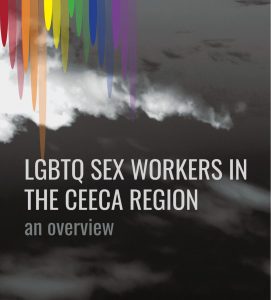
LGBT Sex Workers in the CEECA Region – An Overview The lives of LGBTQ sex workers in Central Europe, Eastern Europe and Central Asia are impacted by many hardships, including precarious living conditions, various forms and levels of criminalisation and discrimination as well as violence and human rights violations. As a vulnerable group within an already marginalised community, LGBTQ sex workers live their lives at the intersection
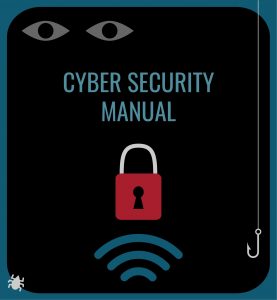
SWAN’s Cyber Security Manual for Sex Workers in CEECA Our series of four Cyber Security webinars in the Summer of 2022, each with between 15 and 25 participants, brought together a mixture of sex workers, activists and allies from our member organisations, providing a great starting point towards understanding and addressing the unique challenges faced in the digital realm by sex workers in the CEECA region. Frequent
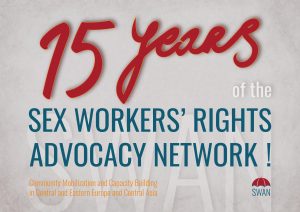
15 Years of the Sex Worker’s Rights Advocacy Network – Community Mobilization and Capacity Building in Central and Eastern Europe and Central Asia SWAN marks its anniversary by releasing a report. It highlights our successes and achievements over the past 15 years. Do you sum up your year? We do! New Year Eve, the ending of one year and the beginning of another, inspires us to look
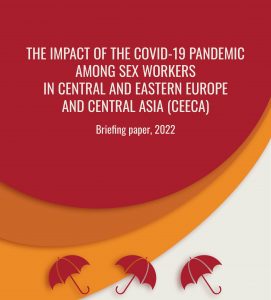
Since the outbreak of the COVID-19 pandemic, sex worker communities and organisations across Central and Eastern Europe and Central Asia (CEECA) have been severely affected by the virus and the state policies adopted in response to this public health threat. This briefing paper documents theimpact of COVID-19 on sex workers and sex worker-led collectives in the CEECA region. It explores the experiences of community groups and individual
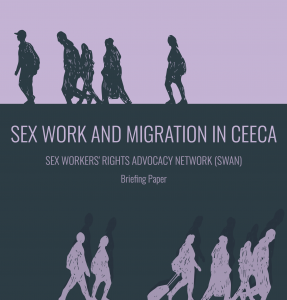
This briefing paper presents the findings of a mapping exercise undertaken by the Sex Workers’ Advocacy Network (SWAN) in early 2021. It explores the situation and needs of migrant sex workers in the Central, Eastern Europe, and Central Asia region (CEECA). Despite the significant scale of migration of sex workers throughout the region, there is a lack of available research on the specific experiences of migrant sex
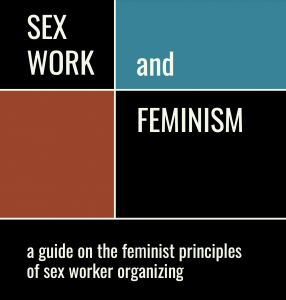
The last decade saw increasing attacks against sex worker communities globally, not only from governments and political actors but also from abolitionist feminist activists. While governments chose to tackle “the issue of prostitution” through punitive, rather than social measures by directly criminalizing sex workers, or indirectly punishing them by offences of drug use and possession, homelessness, hooliganism or vagrancy, abolitionist feminists mobilized and lobbied for the introduction
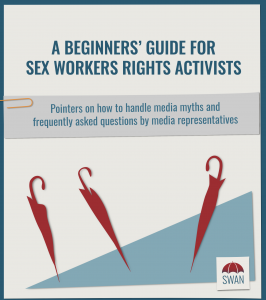
This document has been developed for sex workers’ rights activists as a template on how to approach some of the most commonly asked questions by media representatives. It can be intimidating for activists with no experience to work with journalists and you might not feel confident enough to engage with them. But sex workers have the real-life knowledge from their experiences, and this makes them an expert
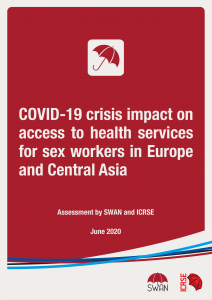
This assessment on the impact of COVID-19 on sex workers’ access to health services in Europe and Central Asia was developed by the Sex Workers’ Rights Advocacy Network (SWAN) and the International Committee on the Rights of Sex Workers in Europe (ICRSE) and through consultations with their membership. Since the beginning of the COVID-19 pandemic in Europe and Central Asia, sex workers have reported extreme concerns with the dramatic impact
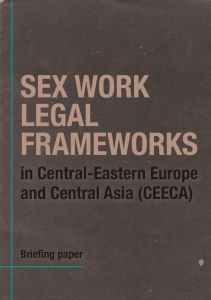
Legal frameworks designed to control and regulate sex work have undergone major transformations in the last three decades in CentralEastern Europe and Central Asia (CEECA). These changes are largely due to turbulent political events defining the modern history of the region, such as the dissolution of the Soviet Union and the Socialist Federal Republic of Yugoslavia. Additionally, in 2004, 2007, and 2013 eleven Central and Eastern European
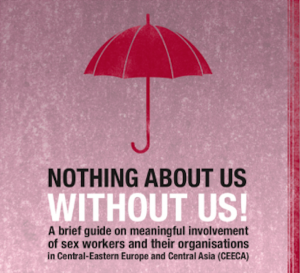
The global sex worker movement has been advocating for the meaningful involvement of sex workers in the design, development, implementation, management, monitoring, and evaluation in programming, research, legislation, and policy-making for decades. In 2017, the Global Network of Sex Work Projects (NSWP) held an expert meeting with sex workers from all over the world to determine criteria for the meaningful involvement of sex workers, and to develop
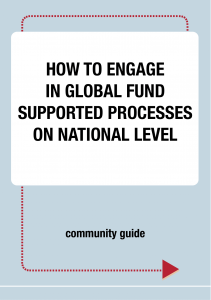
This community guide was developed through the “Regional Civil Society and Community Support, Coordination and Communication Platform – EECA”. The EECA regional platform is supported by the Global Fund to Fight AIDS, Tuberculosis and Malaria within the Community, Rights and Gender (CRG) Special Initiative together with 5 other Regional Platforms from different parts of the world. As knowledge is power, communities in the region and worldwide have